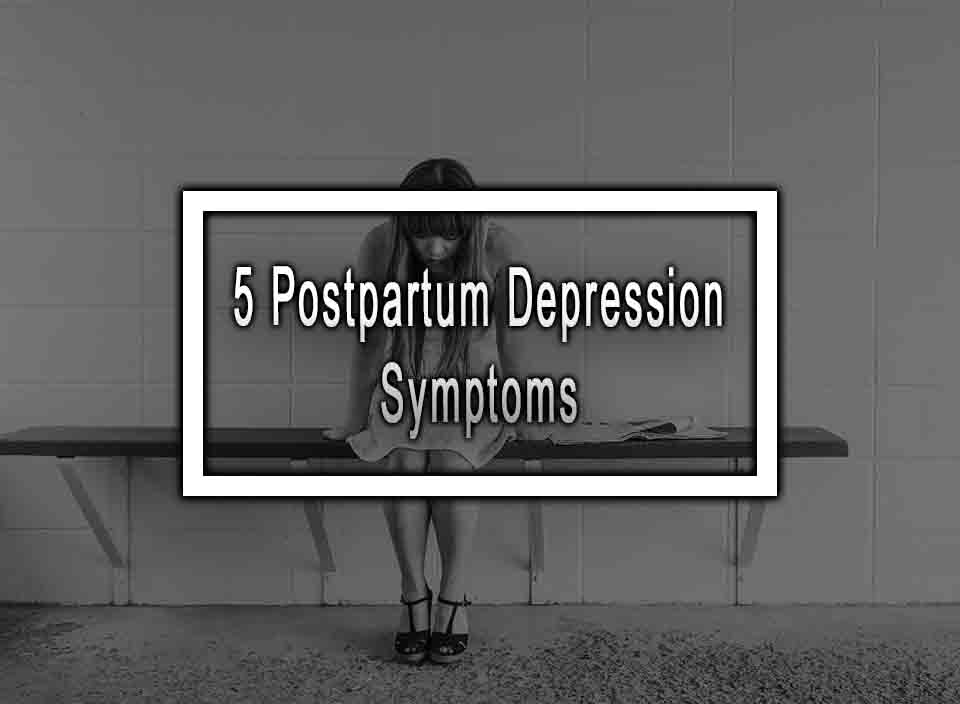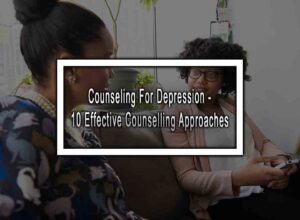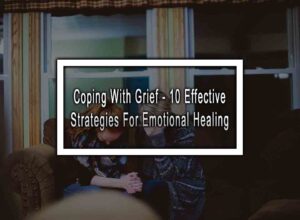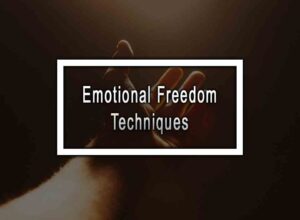Table of Contents
TogglePostpartum Depression Symptoms And How To Recognize
Postpartum depression (PPD) is a type of depression that affects women after childbirth. It is a serious mental health issue that can cause a range of emotional and physical symptoms. PPD is not a sign of weakness or a personal failing. It is a treatable condition that can be managed with the right support and treatment. In this article, we will discuss the symptoms of PPD and how to recognize them.
Symptoms of Postpartum Depression
PPD symptoms can start any time during the first year after childbirth. They can range from mild to severe and can vary from person to person. Here are some common symptoms of PPD:
Sadness, Hopelessness, and Feeling Emotionally Numb
Feeling sad or hopeless is a common symptom of PPD. Women with PPD may also feel emotionally numb or disconnected from their babies. They may find it hard to enjoy things they used to enjoy.
Anxiety and Panic Attacks
PPD can cause anxiety and panic attacks. Women with PPD may worry excessively about their baby’s health and safety. They may also have trouble sleeping, even when their baby is sleeping.
Mood Swings and Irritability
Mood swings and irritability are also common symptoms of PPD. Women with PPD may feel angry or irritable for no apparent reason. They may snap at their partner or loved ones.
Physical Symptoms
PPD can also cause physical symptoms, such as headaches, stomach problems, and fatigue. Women with PPD may also have trouble eating or sleeping.
Inability to Bond with Baby
Women with PPD may find it hard to bond with their babies. They may feel guilty about this and worry that they are not a good mother.
How to Recognize PPD
PPD is not always easy to recognize. Many women may feel tired and overwhelmed after giving birth, which can be normal. However, if these feelings persist for more than two weeks, it may be a sign of PPD. Here are some signs to look out for:
Withdrawing from Friends and Family
Women with PPD may withdraw from friends and family. They may feel ashamed or guilty about their feelings, which can make them avoid social situations.
Difficulty with Daily Tasks
Women with PPD may have trouble with daily tasks, such as cooking, cleaning, and caring for their babies. They may feel overwhelmed and exhausted, which can make it hard to get things done.
Feeling Guilty or Worthless
Women with PPD may feel guilty or worthless. They may think that they are a bad mother or that they do not deserve to be happy.
Thoughts of Self-Harm
In severe cases, women with PPD may have thoughts of self-harm or suicide. If you or someone you know is having these thoughts, seek immediate help.
Conclusion
PPD is a serious mental health issue that can affect women after childbirth. It is important to recognize the symptoms of PPD and seek help if you need it. Remember, PPD is not a sign of weakness or a personal failing. It is a treatable condition that can be managed with the right support and treatment. If you or someone you know is struggling with PPD, reach out to a healthcare provider or a mental health professional. With the right help, you can overcome PPD and enjoy motherhood to the fullest.
Postpartum Depression Symptoms FAQ
Here are the most common questions about postpartum depression symptoms.
1. How common is postpartum depression?
Postpartum depression is relatively common, affecting about 1 in 7 women.
2. What causes postpartum depression?
The exact cause of postpartum depression is not known, but it is believed to be caused by a combination of hormonal changes, genetic factors, and environmental factors such as stress and lack of social support.
3. Can postpartum depression be treated?
Yes, postpartum depression can be treated with therapy, medication, or a combination of both. It is important for women to seek help if they are experiencing symptoms of postpartum depression.
4. How long does postpartum depression last?
Postpartum depression can last for several months to a year if left untreated. With treatment, most women begin to see improvement within a few weeks.
5. What is postpartum psychosis?
Postpartum psychosis is a rare but serious condition that affects some women after childbirth. It is characterized by hallucinations, delusions, and disorganized thinking. It requires immediate medical attention.












